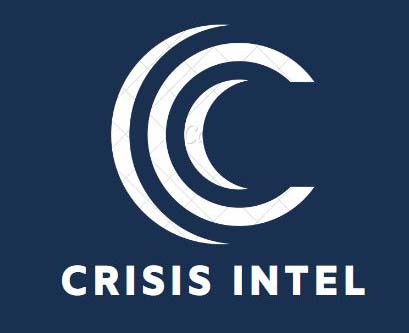International Cooperation in Disaster Response
Collaborative Efforts among Nations during Disaster Response:
Disasters often require a collaborative and coordinated response effort that extends beyond national borders. Key aspects include:
- Mutual Aid Agreements: Countries establish mutual aid agreements and frameworks to facilitate the sharing of resources, expertise, and support during emergencies. These agreements enable the affected country to request and receive assistance from international partners based on their specific needs.
- International Disaster Response Mechanisms: Organizations such as the United Nations Office for the Coordination of Humanitarian Affairs (OCHA) and regional disaster response organizations play a crucial role in coordinating international efforts. They facilitate communication, resource mobilization, and the deployment of response teams to disaster-stricken areas.
- Multinational Response Teams: Countries may form multinational response teams, comprising emergency responders, medical personnel, and specialized teams, to provide immediate assistance in disaster-affected regions. These teams collaborate with local authorities and organizations to support response efforts.


Sharing Resources and Expertise:
International cooperation in disaster response involves sharing resources, knowledge, and expertise to enhance response capabilities. Key aspects include:
- Deployment of Specialized Teams: Countries may deploy specialized teams, such as search and rescue teams, medical personnel, or engineers, to provide support in disaster-affected areas. These teams bring unique skills and equipment to assist in response operations.
- Sharing Technical Expertise: Countries with advanced disaster management systems and technologies can share their expertise and provide technical assistance to countries in need. This may include training programs, workshops, or sharing best practices and lessons learned.
- Financial Assistance and Donations: International cooperation involves providing financial support and donations to affected countries. This aid helps meet immediate humanitarian needs, support recovery efforts, and strengthen the resilience of communities.
Case Studies Highlighting Successful International Cooperation:
There are numerous case studies that highlight successful examples of international cooperation in disaster response. Key aspects include:
- Sharing Lessons Learned: After major disasters, countries may share their experiences, lessons learned, and best practices with the international community. This facilitates knowledge exchange and helps improve response strategies globally.
- Joint Exercises and Trainings: Countries may conduct joint exercises and training programs to enhance their interoperability and coordination during emergencies. These exercises simulate realistic scenarios and provide an opportunity to test and refine response mechanisms.
- Bilateral and Multilateral Agreements: Countries may enter into bilateral or multilateral agreements that outline specific areas of cooperation in disaster response. These agreements establish frameworks for information sharing, resource coordination, and joint planning.

